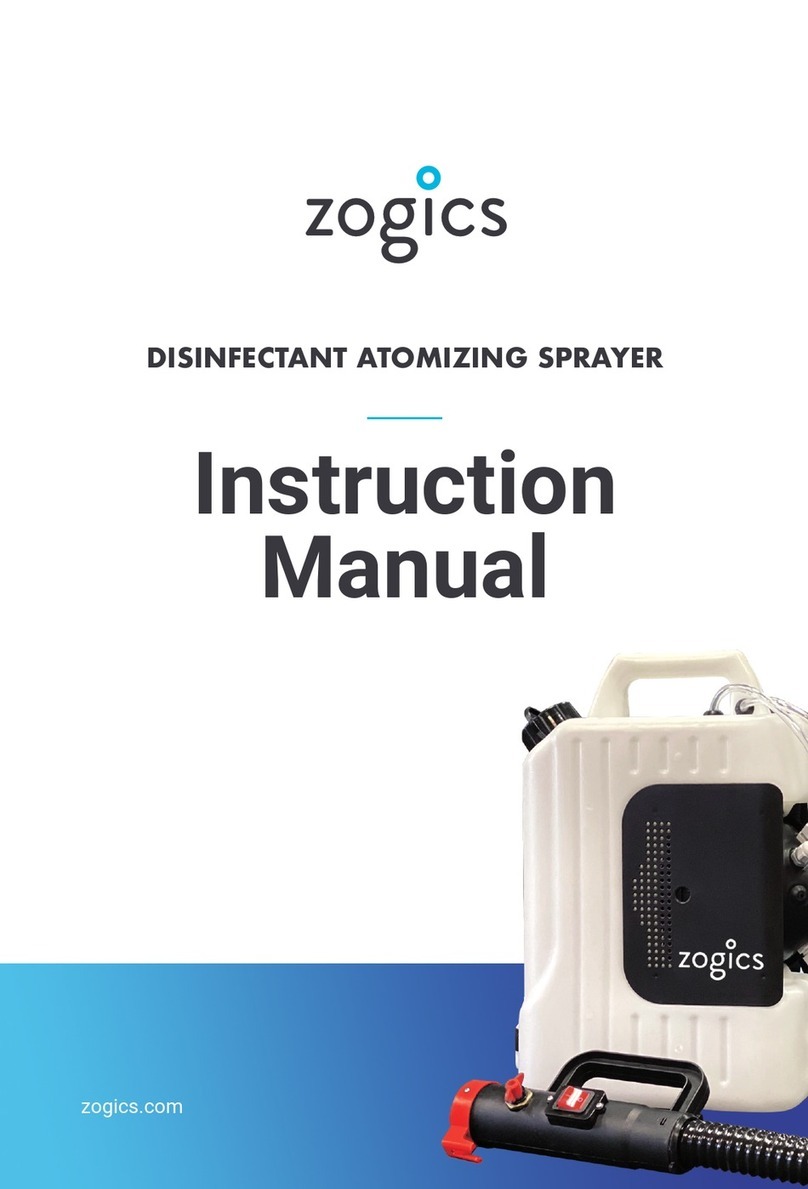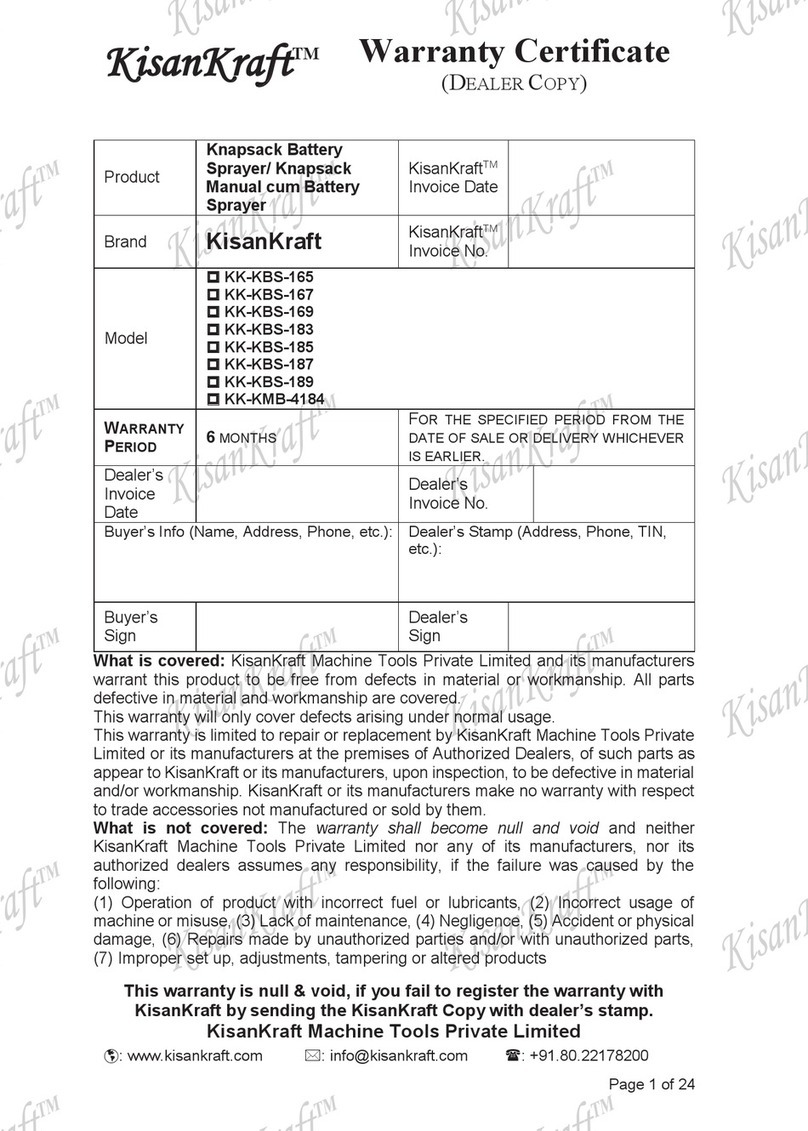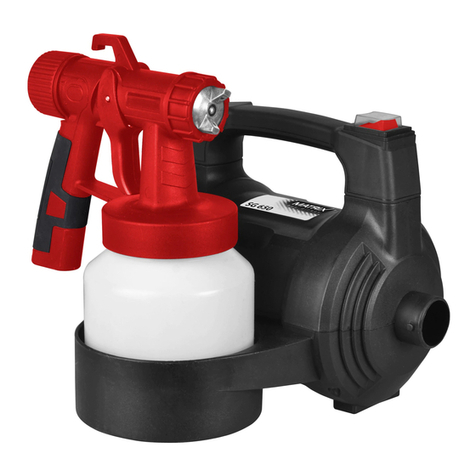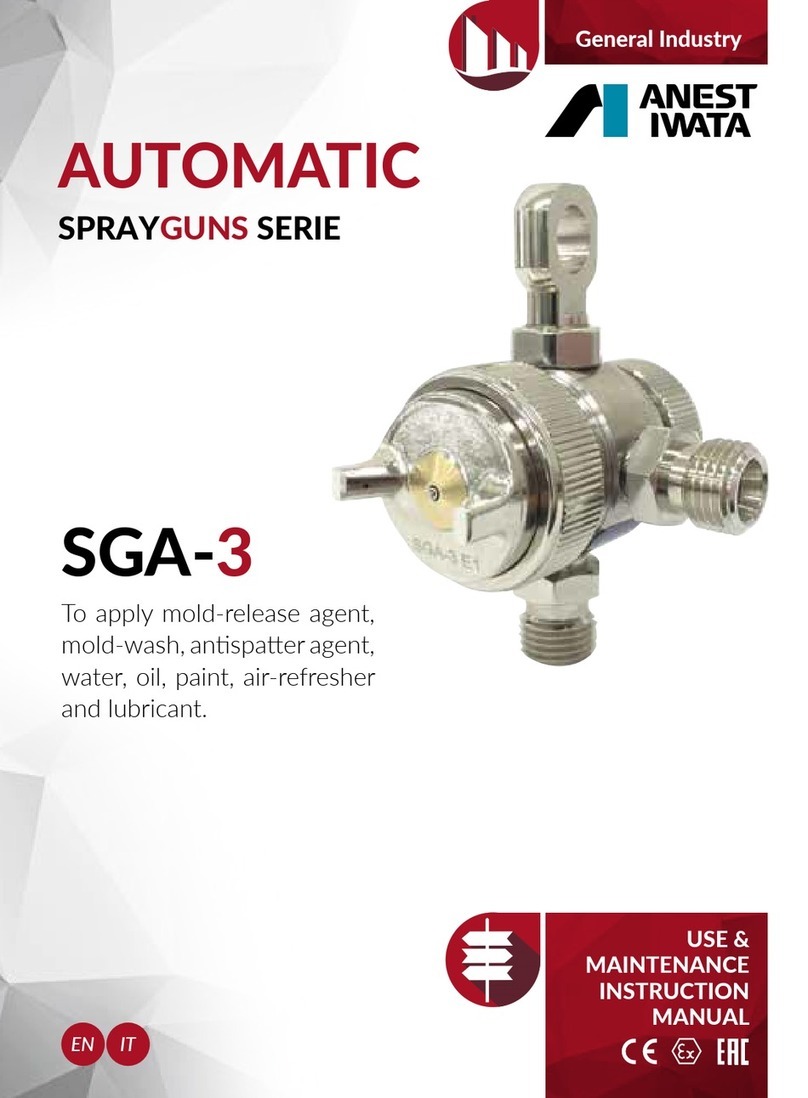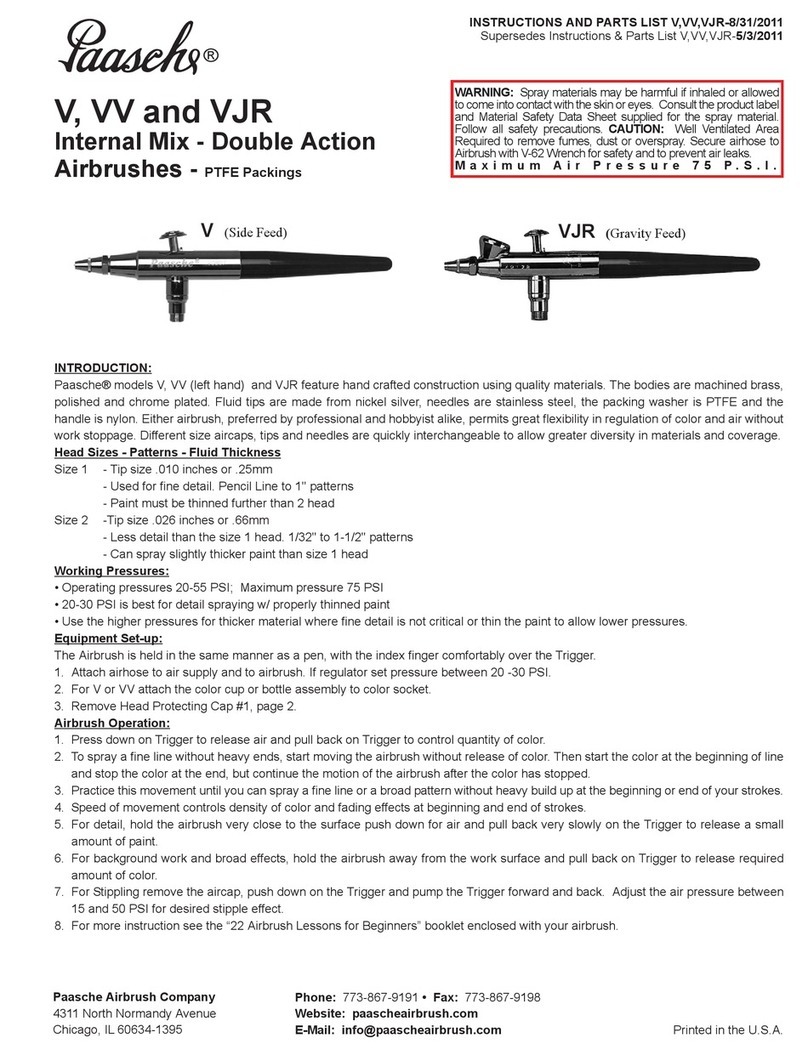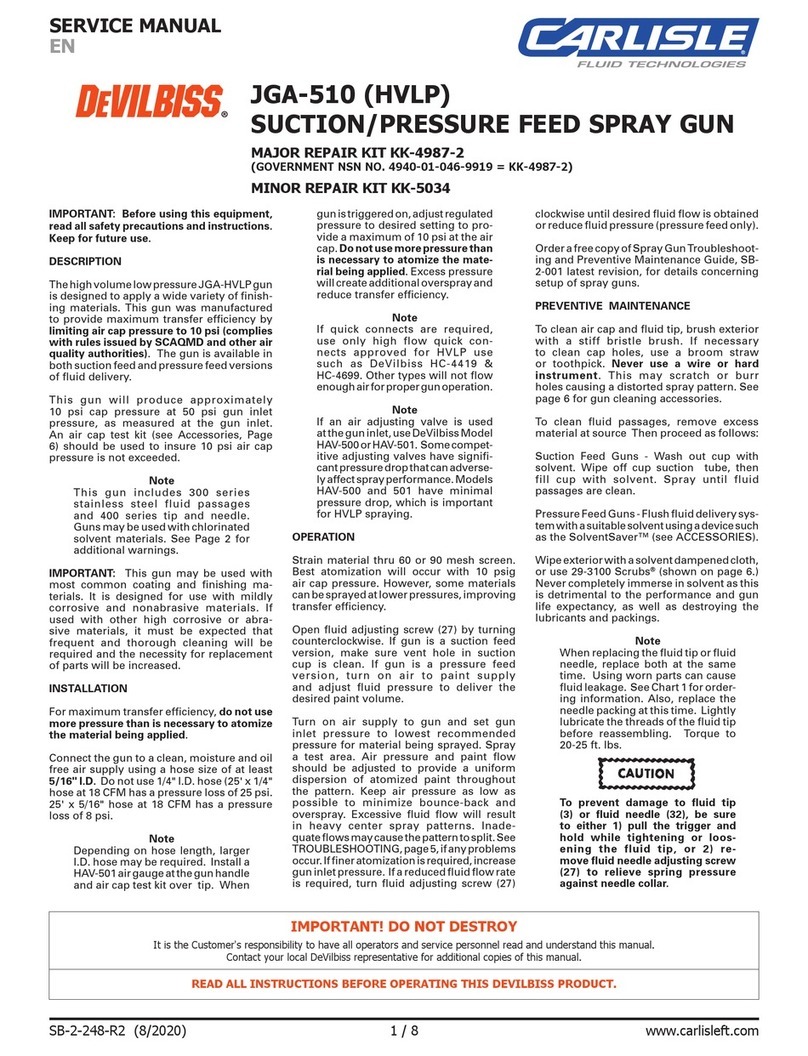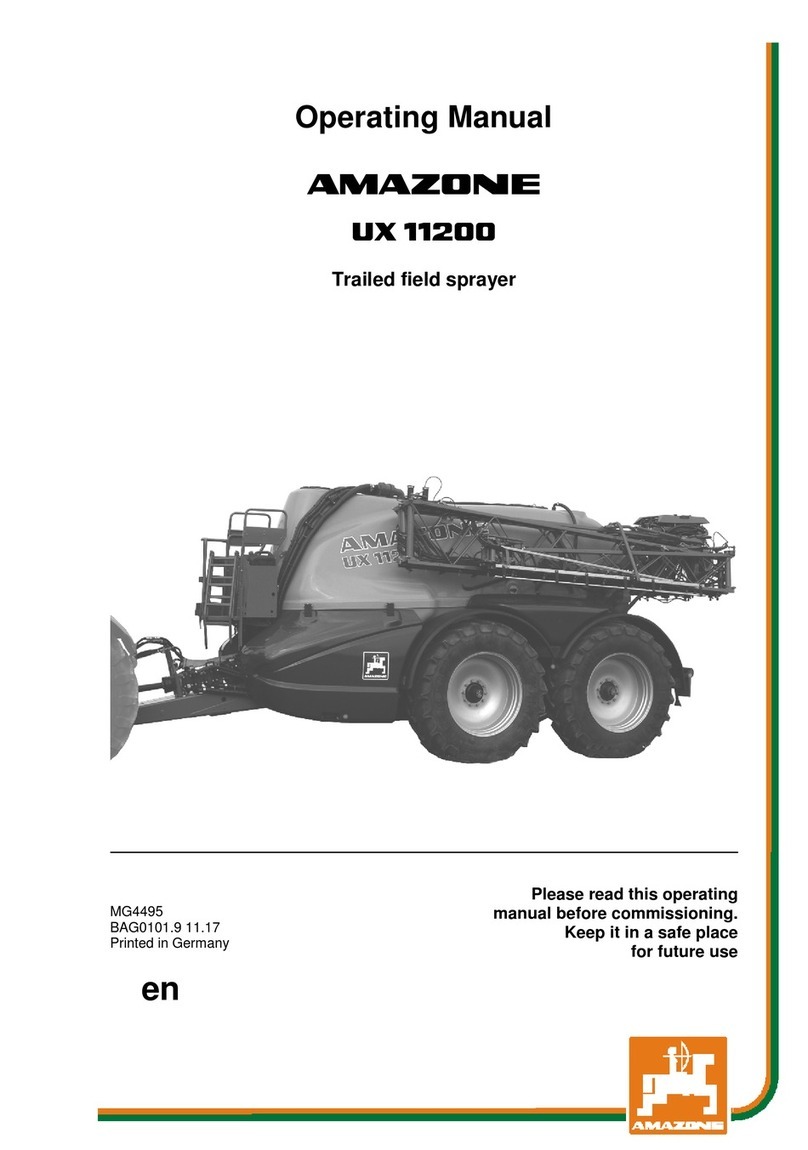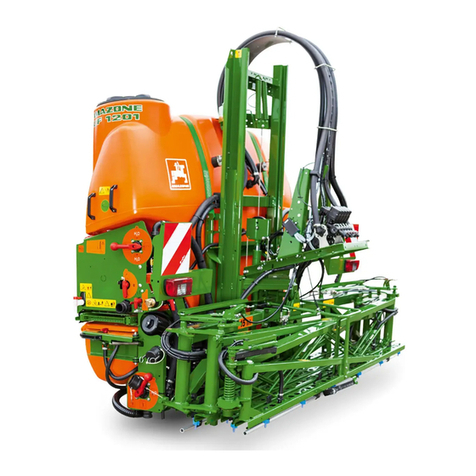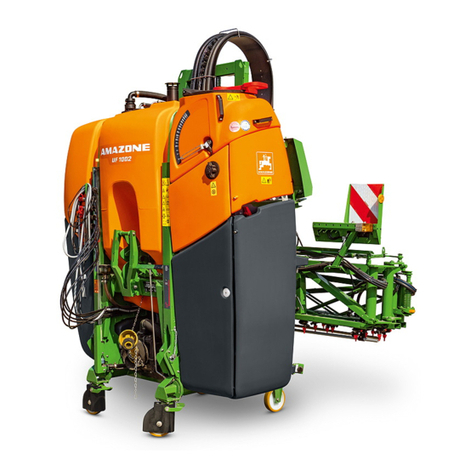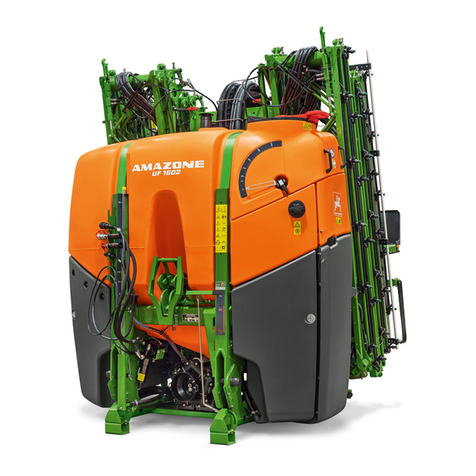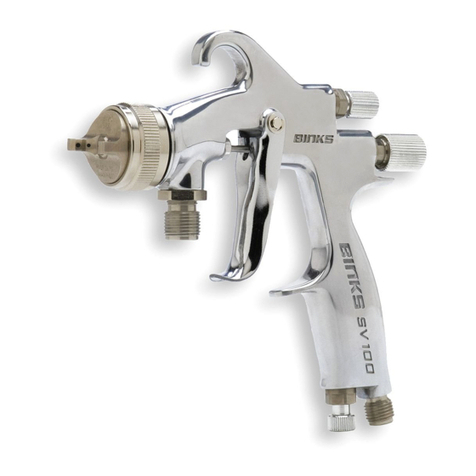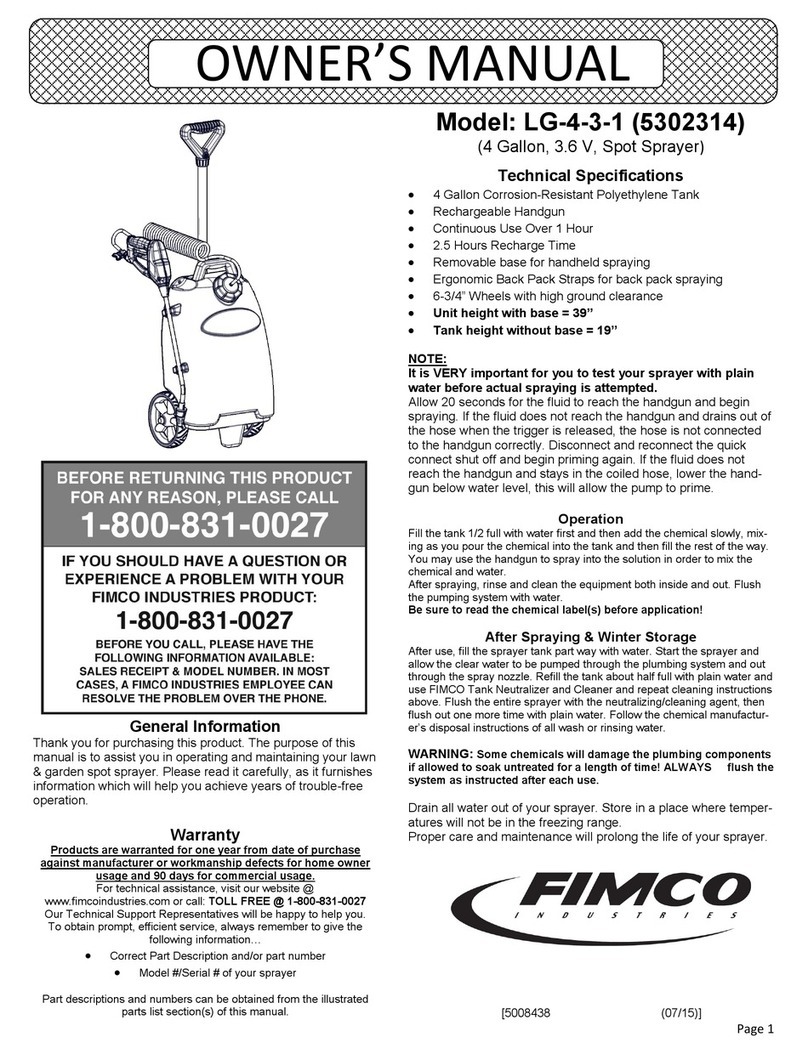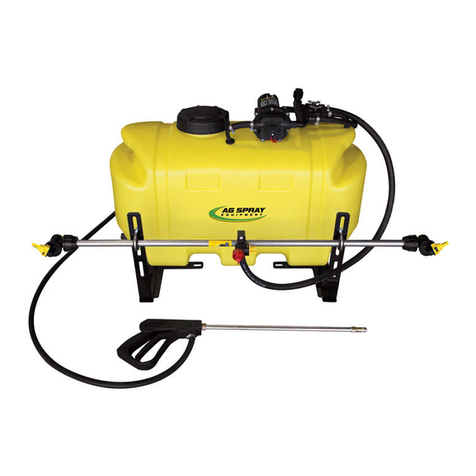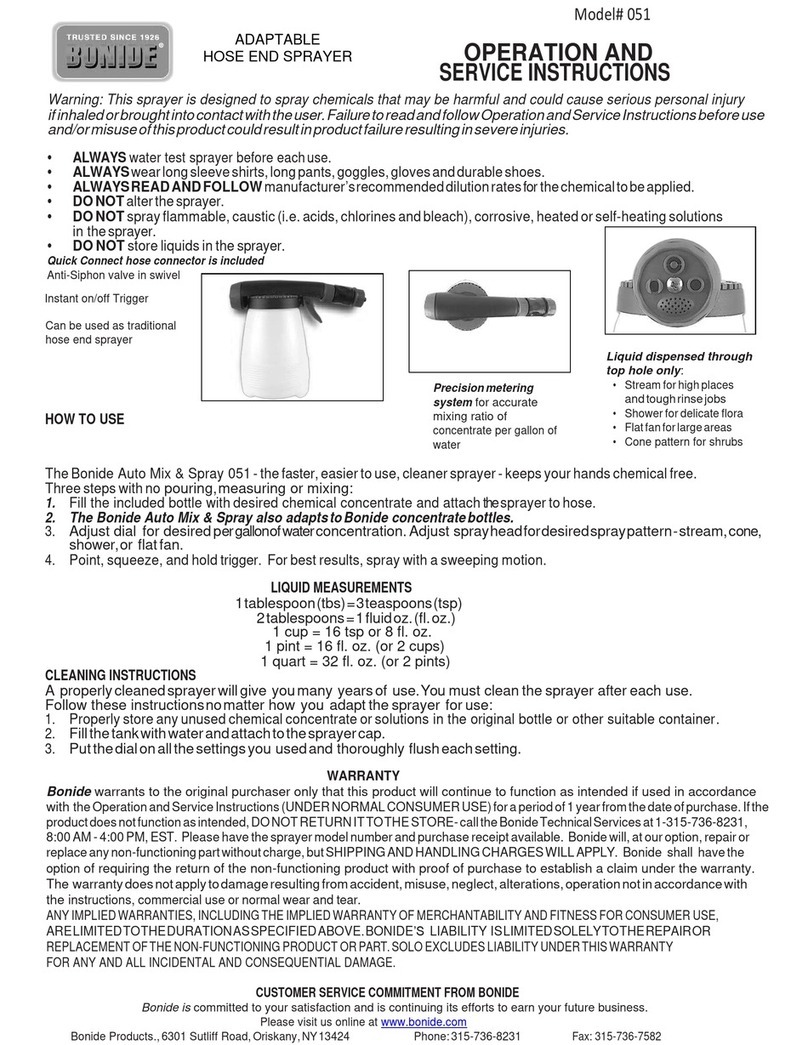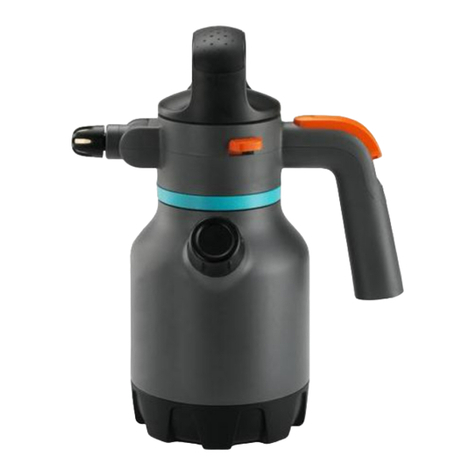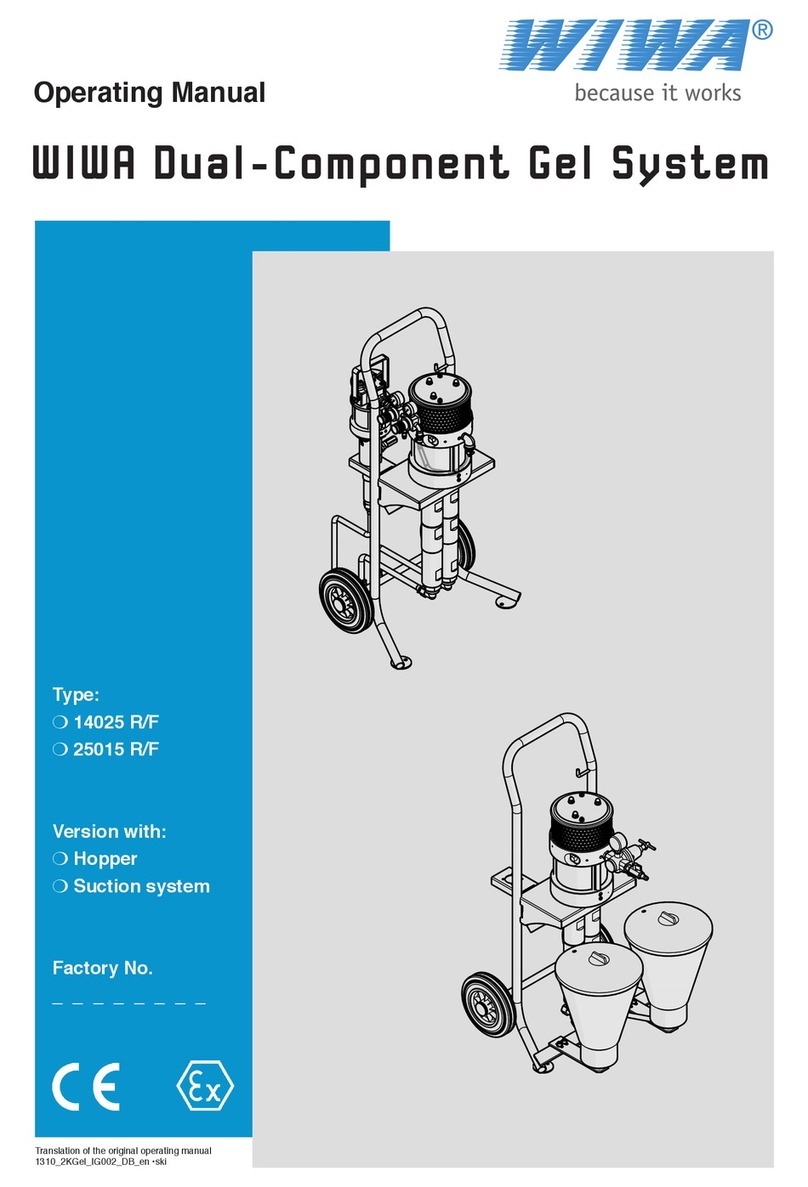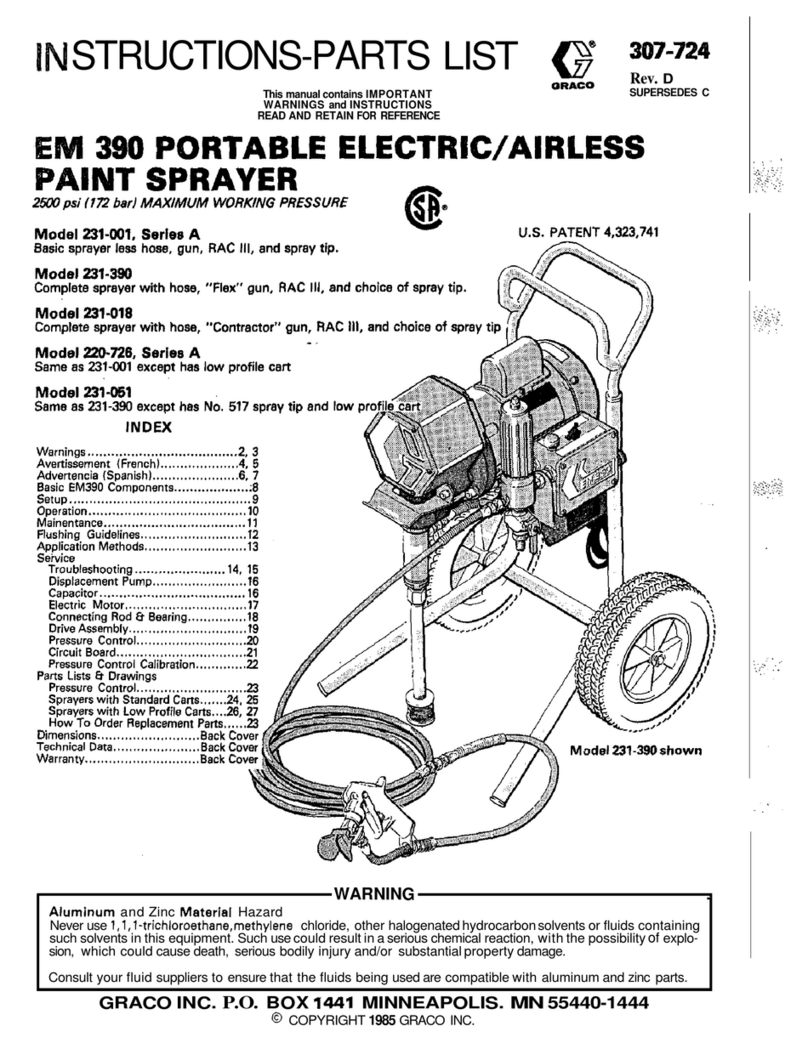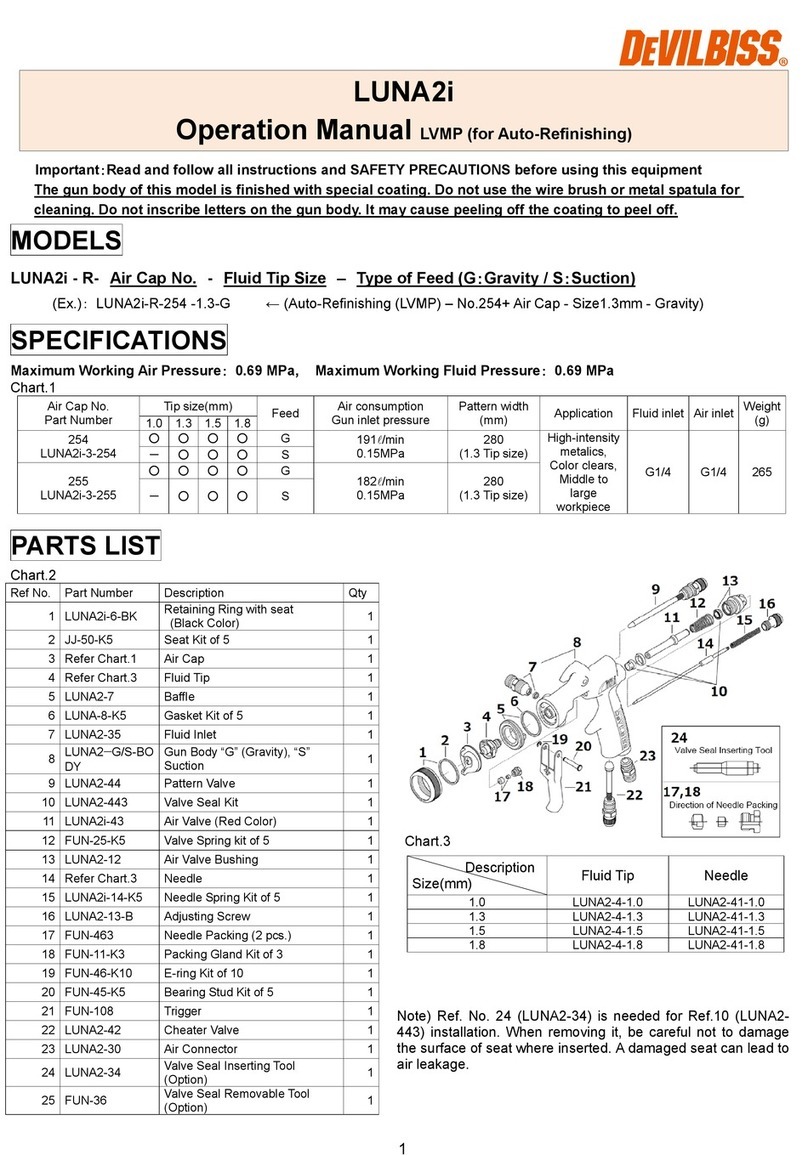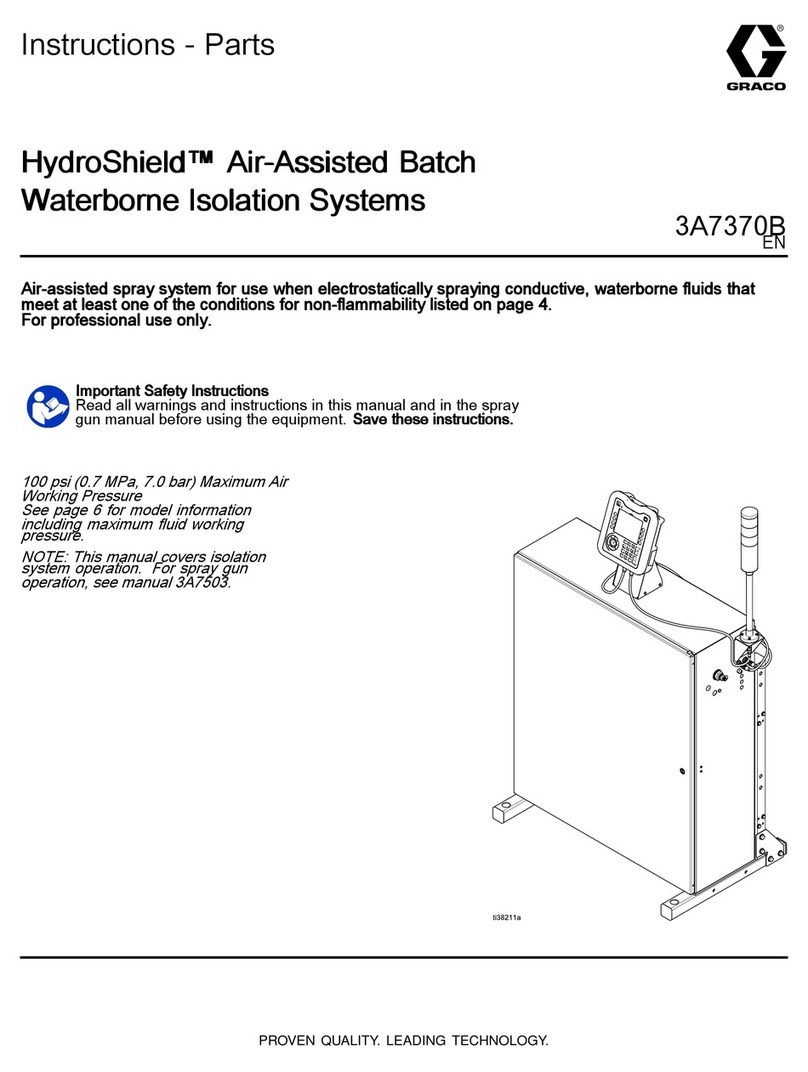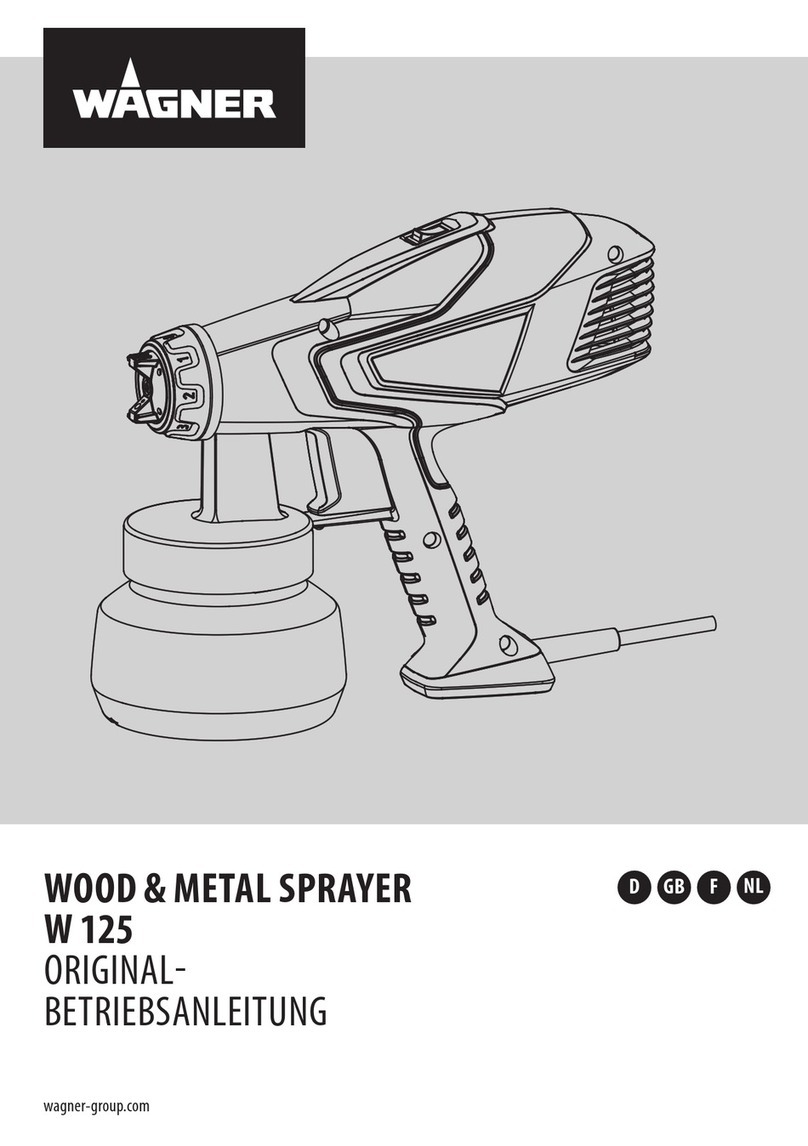
1User Information.......................................................................................... 6
1.1 Purpose of the document........................................................................................................ 6
1.2 Locations in the operating manual.......................................................................................... 6
1.3 Diagrams................................................................................................................................. 6
2General safety instructions........................................................................ 7
2.1 Obligations and liability............................................................................................................ 7
2.2 Representation of safety symbols........................................................................................... 9
2.3 Organisational measures ...................................................................................................... 10
2.4 Safety and protection equipment .......................................................................................... 10
2.5 Informal safety measures...................................................................................................... 10
2.6 User training.......................................................................................................................... 11
2.7 Safety measures in normal operation ................................................................................... 12
2.8 Danger from residual energy................................................................................................. 12
2.9 Maintenance and repair work, fault elimination..................................................................... 12
2.10 Design changes..................................................................................................................... 12
2.10.1 Spare and wear parts and aids ............................................................................................. 13
2.11 Cleaning and disposal........................................................................................................... 13
2.12 User workstation.................................................................................................................... 13
2.13 Warning symbols and other signs on the machine ............................................................... 14
2.13.1 Positions of warning symbols and other labels..................................................................... 15
2.14 Dangers if the safety information is not observed................................................................. 17
2.15 Safety-conscious working ..................................................................................................... 17
2.16 Safety information for users .................................................................................................. 18
2.16.1 General safety and accident prevention information............................................................. 18
2.16.2 Field sprayer operation.......................................................................................................... 21
2.16.3 Cleaning, maintenance and repairs ...................................................................................... 22
3Loading and unloading............................................................................. 23
4Product description .................................................................................. 24
4.1 Overview ............................................................................................................................... 24
4.2 Overview of Flow Control...................................................................................................... 25
4.3 Technical data....................................................................................................................... 26
4.3.1 Payload ................................................................................................................................. 26
4.4 Intended use.......................................................................................................................... 27
4.5 Danger areas and danger points........................................................................................... 28
4.6 Rating plate and CE mark..................................................................................................... 29
4.7 Three-point attachment frame............................................................................................... 29
4.8 Transport device (removable) ............................................................................................... 30
4.9 Transportation equipment ..................................................................................................... 31
4.10 Camera system ..................................................................................................................... 31
5UF01 and FT 1001 without Flow Control ........................................... 32
5.1 Filling the front tank via the UF01 field sprayer .................................................................. 32
5.2 Filling the UF01 spray liquid tank via the front tank............................................................ 34
6UF01 and FT1001 with Flow Control (optional)................................. 35
6.1 Flow Control liquid circuit ...................................................................................................... 35
6.2 Additional tank for flushing water.......................................................................................... 36
6.3 Connect field sprayer with Flow Control and front tank ........................................................ 37
6.4 Automatic mode .................................................................................................................... 38
6.5 Manual mode......................................................................................................................... 39
6.6 Front tank submenu .............................................................................................................. 40
6.7 Filling..................................................................................................................................... 41
4 FT BAG0065.6 02.19
